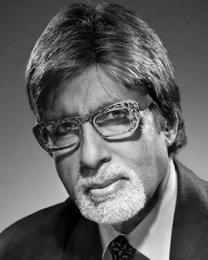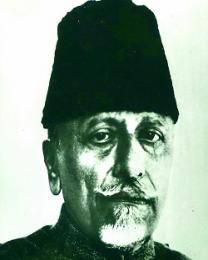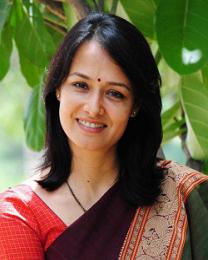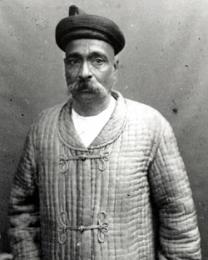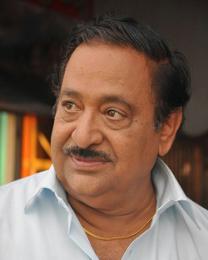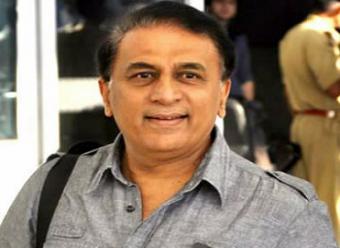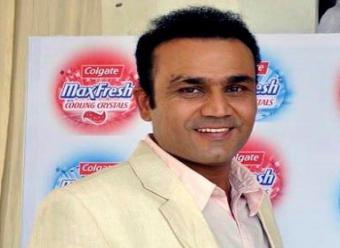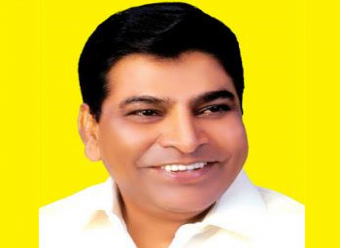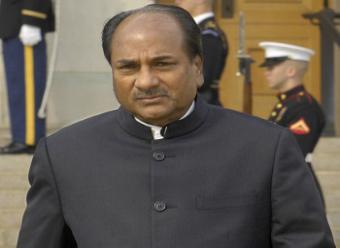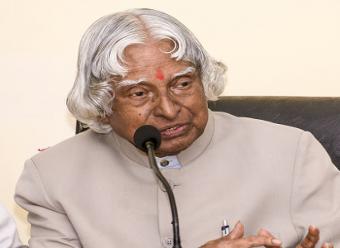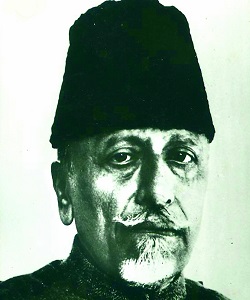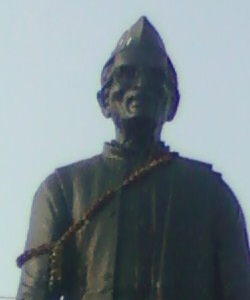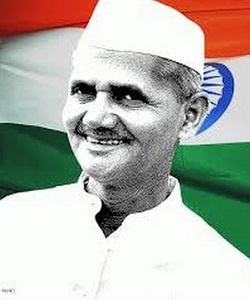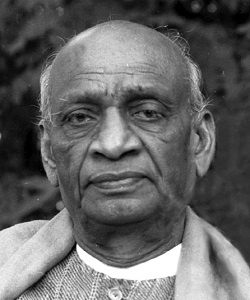Actual Name : Shaheed Bhagat Singh
Date of birth : 27/09/1907
Place of birth : Jaranwala Tehsil, Punjab, British India
Category : Freedom Fighters
Early Career
In the year 1919, at the age of 12, Bhagath Singh visited the site of the 'Jallianwala Bagh massacre', where unarmed people gathered at a public meeting had been fired upon without warning a few days earlier, killing thousands. At the age of 14, he welcomed in his village, protestors against the 'Gurudwara Nankana Sahib' firing of 20 February 1921 which killed a large number of unarmed protesters. Disillusioned with Gandhi's philosophy of non-violence, after Gandhi called off the non-cooperation movement, following the violent murders of policemen by villagers, which were a reaction to the police's killing of three villagers by firing at Chauri Chaura in the United Provinces in 1922, he joined the Young Revolutionary Movement.
Bhagath Singh joined the National College in Lahore on 1923, where he was also involved in extra-curricular activities such as the dramatics society. In 1923, Singh won an essay competition set by the Punjab Hindi Sahitya Sammelan, writing on the problems in the Punjab. He founded the Indian nationalist youth organisation Naujawan Bharat Sabha in March 1926. He also joined the Hindustan Republican Association, which had prominent leaders, such as 'Ram Prasad Bismil', 'Chandrashekhar Azad' and 'Ashfaqulla Khan'. The name of the organisation was changed to Hindustan Socialist Republican Association at Singh's insistence.
Run Away from Home
A year later, to avoid getting married by his family, Singh ran away from his house to Cawnpore. In a letter he left behind, he stated:
My life has been dedicated to the noblest cause, that of the freedom of the country. Therefore, there is no rest or worldly desire that can lure me now ..
Bomb Blost in Lahore
On the day Dussehra in October 1926, a bomb exploded in Lahore. Bhagath Singh was arrested for his alleged involvement in this Dussehra bomb case on 29 May 1927, but was released on a surety of Rs. 60,000 after exhibiting good behaviour, about five weeks after his arrest. He wrote for and edited Urdu and Punjabi newspapers, published from Amritsar, as well as briefly for the Veer Arjun newspaper published in Delhi. He also contributed to Kirti, the journal of the Kirti Kisan Party and in September 1928, that party organised an all-India meeting of revolutionaries in Delhi with Singh as its secretary. He later rose to become this association's leader.
Diary in prison
Bagath Singh also maintained the use of a diary, which include 404 pages. In this diary, he made numerous notes regarding the 'quotations' and 'popular sayings' of various people whose views he agreed with. Prominent in his diary were the views of 'Karl Marx' and 'Friedrich Engels'. The comments in his diary led to an understanding of the philosophical thinking of Bhagat Singh. In his prison cell, he also wrote a pamphlet entitled Why I am an Atheist, in response to him being accused of vanity by not accepting God in the face of death.
Popularity
Subhas Chandra Bose said that "Bhagat Singh had become the symbol of the new awakening among the youths". Jawaharlal Nehru acknowledged that the popularity of Bhagat Singh was leading to a new national awakening, saying
He was a clean fighter who faced his enemy in the open field. he was like a spark that became a flame in a short time and spread from one end of the country to the other dispelling the prevailing darkness everywhere.
Four years after Singh's hanging, the Director of the Intelligence Bureau, Sir Horace Williamson, wrote:
His photograph was on sale in every city and township and for a time rivalled in popularity even that of Mr. Gandhi himself.
His Last wish
According to Randhir Singh, Bhagat Singh mentioned to him, that he had shaven "his hair and beard under pressing circumstances" and that "it was for the service of the country". He also said that Bhagat Singh told him that his companions had 'compelled him to give up the Sikh appearance', and that he was ashamed. He had expressed, as his last wish before being hanged, the desire to get amrit from Randhir Singh and to once again adorn the 5 Ks. However, this was not granted by the jail authorities. However, many scholars are sceptical about this meeting as, Randhir Singh being the only source of information about sudden change in Bhagat Singh's point of view towards religion casts doubts, as Bhagat Singh was a strong critic of religion. Furthermore, Bhagat Singh wrote his essay Why I Am an Atheist before his execution; towards the end of which he wrote:
Let us see how steadfast I am. One of my friends asked me to pray. When informed of my atheism, he said, "When your last days come, you will begin to believe." I said, "No, dear sir, Never shall it happen. I consider it to be an act of degradation and demoralisation. For such petty selfish motives, I shall never pray." Reader and friends, is it vanity? If it is, I stand for it.



